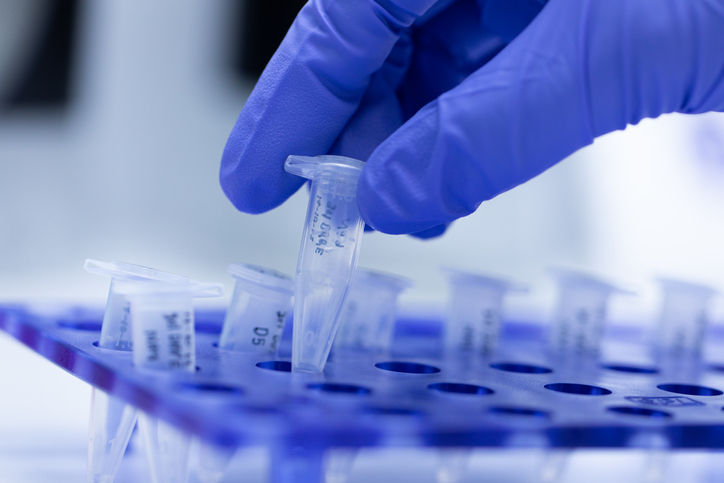Month: November 2023
-

Comparing Cardiac Monitoring Methods to Detect Atrial Fibrillation After Stroke
Insertable cardiac monitors detected a higher incidence of atrial fibrillation in patients with prior ischemic stroke over a three-year period than standard medical monitoring methods, according to results published in JAMA Neurology, based on long-term findings from the Northwestern Medicine-led STROKE AF clinical trial.
-

Using Gene Expression to Predict if a Brain Tumor is Likely to Grow Back
Scientists have found a highly accurate way to predict the best cancer treatment for patients based on patterns of gene expression in their tumors.
-

Immigrants Living in the U.S. Have Fewer Preterm Births
Individuals born in the U.S. had a higher rate of giving birth prematurely compared to U.S. immigrants, a new Northwestern Medicine study has found.
-

Feinberg Investigators Recognized on 2023 ‘Highly-Cited’ List
Twelve Feinberg faculty members were named to the 2023 “Highly Cited Researchers” list, published by Clarivate Analytics. The annual list identifies investigators who have demonstrated significant influence in their field through the publication of highly cited publications during the last decade.
-

Aortic Valve Replacement Procedures Show Similar Long-Term Survival Rates
Patients with severe aortic stenosis who underwent a minimally invasive aortic valve replacement procedure had similar long-term survival rates compared to patients who underwent traditional surgery, according to a recent study published in The New England Journal of Medicine.
-

New Human Gene Cluster Sequence Discovered
Investigators from the laboratory of Ali Shilatifard, PhD, have discovered a new repeat gene cluster sequence that is exclusively expressed in humans and non-human primates, according to findings published in Science Advances.
-

Understanding Healthcare Worker Collaboration and Patient Outcomes
Some interventions designed to improve healthcare worker collaboration may not improve patient outcomes, according to a recent trial published in the Annals of Internal Medicine.
-

Novel Wearables Capture Body Sounds to Continuously Monitor Health
Northwestern scientists are introducing new soft, miniaturized wearable devices that continuously track subtle sounds simultaneously and wirelessly at multiple locations across nearly any region of the body.
-

Predicting The Risk of Heart Disease — 10 Years Younger Than Before
For the first time in 10 years, the American Heart Association has updated the model to predict someone’s risk of developing heart disease.
-

Novel Approaches for Correcting Gene Expression Insufficiency
A new molecular technology capable of binding to mRNA and regulating gene expression may offer a new avenue for treating diseases caused by insufficient protein levels, according to a study published in Nature Communications.






